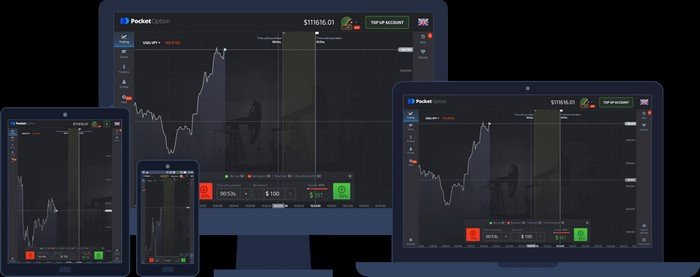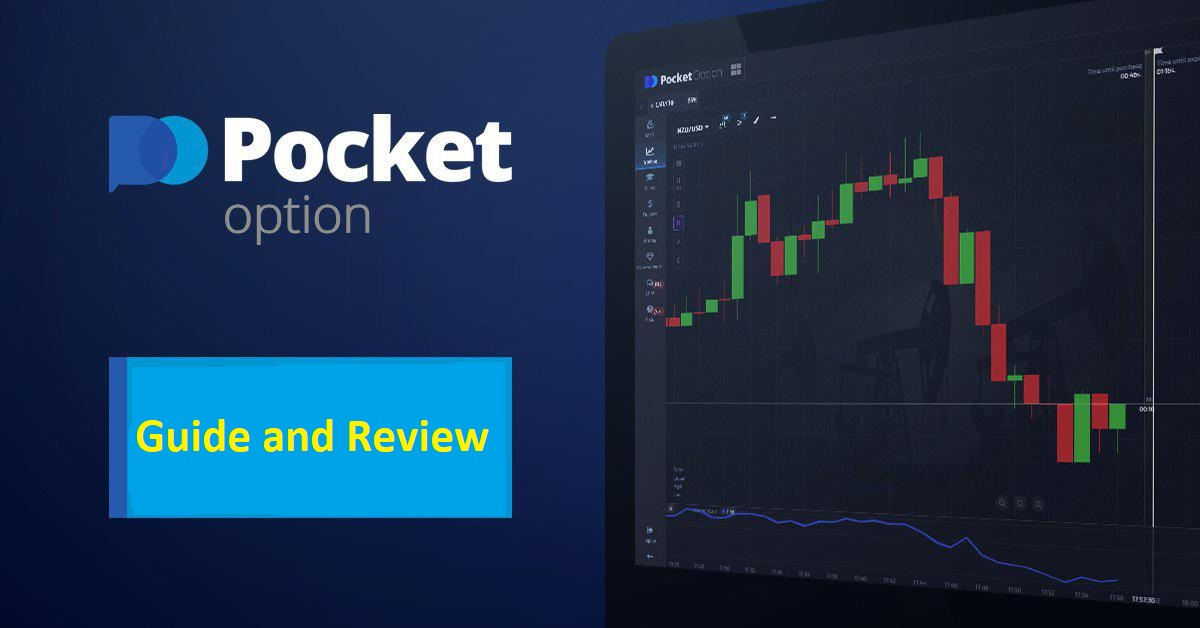Online Trading in India A Comprehensive Guide

Online Trading in India: Opportunities and Challenges
In recent years, Online Trading in India online trading in India has gained immense popularity. With the advent of technology and the rise of financial literacy, more and more individuals are turning to online platforms to trade stocks, commodities, currencies, and other financial instruments. This article explores the landscape of online trading in India, discussing the various aspects that traders should consider before diving into this dynamic market.
The Growth of Online Trading
The online trading market in India has seen exponential growth over the past decade. Factors contributing to this surge include increased internet penetration, mobile accessibility, and a growing number of brokerage firms offering user-friendly trading platforms. According to a report by the Securities and Exchange Board of India (SEBI), retail participation in equity markets has increased significantly, with millions of new accounts being opened every year.
Understanding the Concept of Online Trading
Online trading refers to the buying and selling of financial instruments through an internet-based trading platform. Traders can access real-time market data, execute trades, and monitor their investments from anywhere at any time. This convenience has made online trading accessible to a broader audience, including those who may not have considered trading in traditional markets.
Types of Online Trading
There are several types of online trading that individuals in India can engage in. The most common include:
- Stock Trading: Involves buying and selling shares of publicly traded companies.
- Forex Trading: Involves trading currencies on the foreign exchange market.
- Commodity Trading: Involves trading physical goods such as gold, oil, and agricultural products.
- Options and Futures Trading: Involves trading contracts that give the right to buy or sell an asset at a predetermined price.
Choosing the Right Online Trading Platform
Selecting the right online trading platform is critical to a trader’s success. It is essential to consider factors such as:

- Regulatory Compliance: Ensure the platform is registered with SEBI and follows all regulations.
- User Interface: A user-friendly interface can make trading more efficient.
- Fees and Commissions: Compare the cost structure of different platforms.
- Customer Support: Good customer service can help resolve issues promptly.
Trading Strategies for Success
Success in online trading requires a well-thought-out strategy. Some popular strategies include:
- Day Trading: Involves buying and selling securities within the same trading day.
- Swing Trading: Focuses on capitalizing on short-term price movements over several days.
- Position Trading: Involves holding positions for weeks or months to benefit from long-term trends.
- Scalping: A fast-paced strategy that involves making multiple trades throughout the day to profit from small price changes.
Regulations Governing Online Trading
In India, online trading is regulated by SEBI, which aims to protect investor interests and ensure the integrity of the securities market. Traders must be aware of the rules and regulations, including those related to trading practices, margin requirements, and reporting of trades. Understanding these regulations is critical to avoid penalties and ensure compliance.
Risks Involved in Online Trading
While online trading presents numerous opportunities, it is essential to recognize the risks involved. Market volatility can lead to significant losses if trades are not managed carefully. Traders should practice risk management strategies, such as setting stop-loss orders and diversifying their portfolios to mitigate potential losses. Additionally, psychological factors such as fear and greed can impact trading decisions, making it crucial for traders to develop emotional discipline.
The Future of Online Trading in India
The future of online trading in India looks promising, with increasing adoption of technology and digital platforms. Innovations such as artificial intelligence, algorithmic trading, and robo-advisors are set to revolutionize the trading experience for Indian investors. Additionally, as financial literacy improves and retail participation grows, the landscape of online trading will likely become more competitive, leading to better services and lower costs for consumers.
Conclusion
Online trading in India presents a wealth of opportunities for individuals looking to invest in the financial markets. However, it is vital to approach it with caution, knowledge, and a well-defined strategy. By understanding the various aspects of online trading, including the types of trading, platform selection, regulations, and risk management, traders can position themselves for success in this exciting and ever-evolving space. As technology continues to advance, the potential for online trading in India will only expand, opening new avenues for traders of all experience levels.







